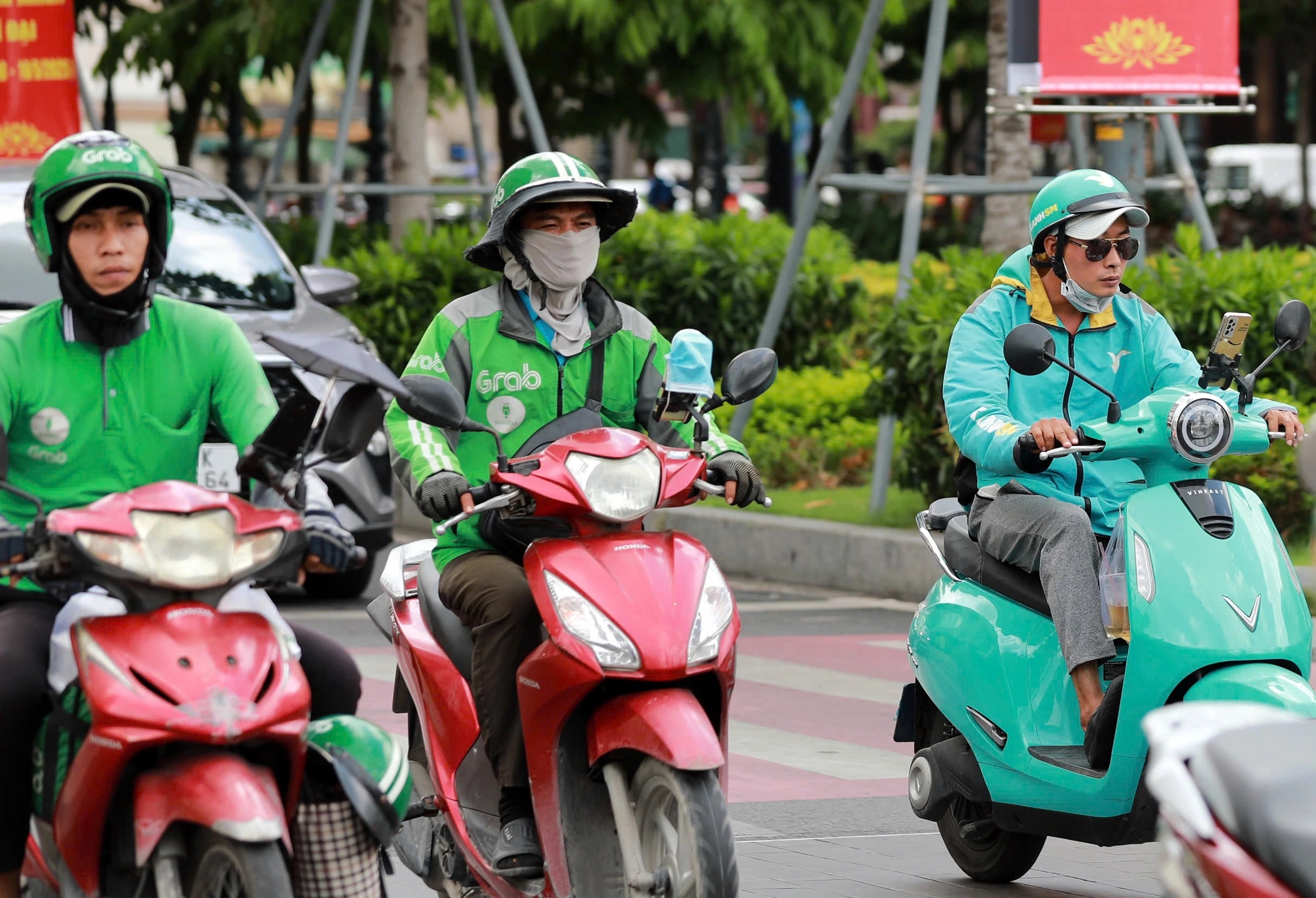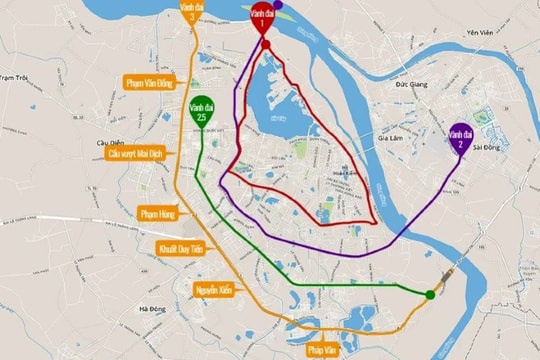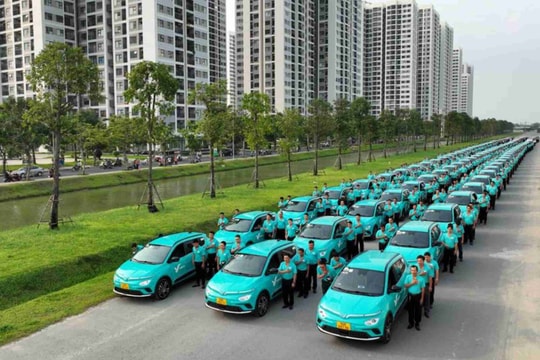Hanoi bans gasoline motorbikes from July 1, 2026. How much does it cost to convert to electric vehicles?
The policy of banning gasoline-powered motorbikes in Hanoi's Ring Road 1 area from July 1, 2026, is considered a bold step to reduce pollution and modernize the city, requiring synchronous support solutions to minimize disruption for people and businesses.
Cost of converting gasoline motorbike to electric motorbike
For people, replacing about 400,000 gasoline-powered motorbikes in Ring Road 1 will incur an estimated conversion cost of VND8,000-12,000 billion, with the average price of an electric motorbike being VND20-30 million. This is a huge financial burden, especially for low-income households.
In addition, people have to adjust their travel habits, possibly switching to public transport, electric bicycles or bicycles, leading to increased travel time in the initial phase when public transport infrastructure is not yet adequate.
People who depend on motorbikes for a living, such as tech-based motorbike taxi drivers or shippers, may face the risk of temporary loss of income.

For businesses, transport and delivery companies will have to invest in converting their fleets to electric vehicles, causing large costs in purchasing and operating.
The Beltway 1 area, where 98% of commercial and service activities are concentrated, may see a decrease in the number of customers due to restrictions on personal vehicles, affecting the revenue of stores.
With about 1.1-1.3 million motor vehicles passing through every day, replacing transport capacity will be a big challenge.
For the government and society, Hanoi needs to invest tens of thousands of billions of VND to expand the bus system, tram system and other public transport.
In addition, the construction of a synchronous charging station infrastructure and the costs of monitoring and sanctioning violations are also significant expenses. However, this policy brings long-term benefits such as reducing air pollution, noise and improving public health.
To minimize the impact, Hanoi needs to provide tax incentives, subsidies or preferential loans for people to buy electric vehicles, especially supporting low-income groups.
Heavy investment in public transport and electric charging stations is needed to ensure convenient mobility.
The vehicle ban roadmap needs to be communicated transparently, combined with pilot testing in small areas to adjust the policy.
Promoting cycling, walking and electric car sharing services are also viable solutions.
The policy of banning gasoline-powered motorbikes in the Ring Road 1 is a step towards a green urban area. However, with the cost of conversion and infrastructure reaching tens of thousands of billions of VND, Hanoi needs a clear roadmap and strong support policies to ensure a smooth transition, minimizing disruption for residents and businesses.




